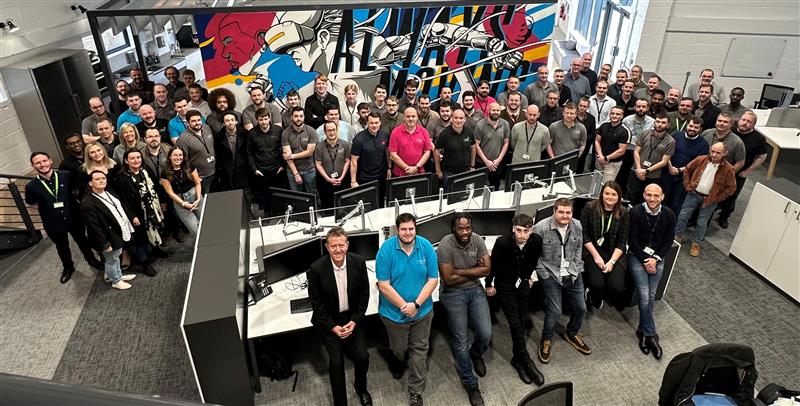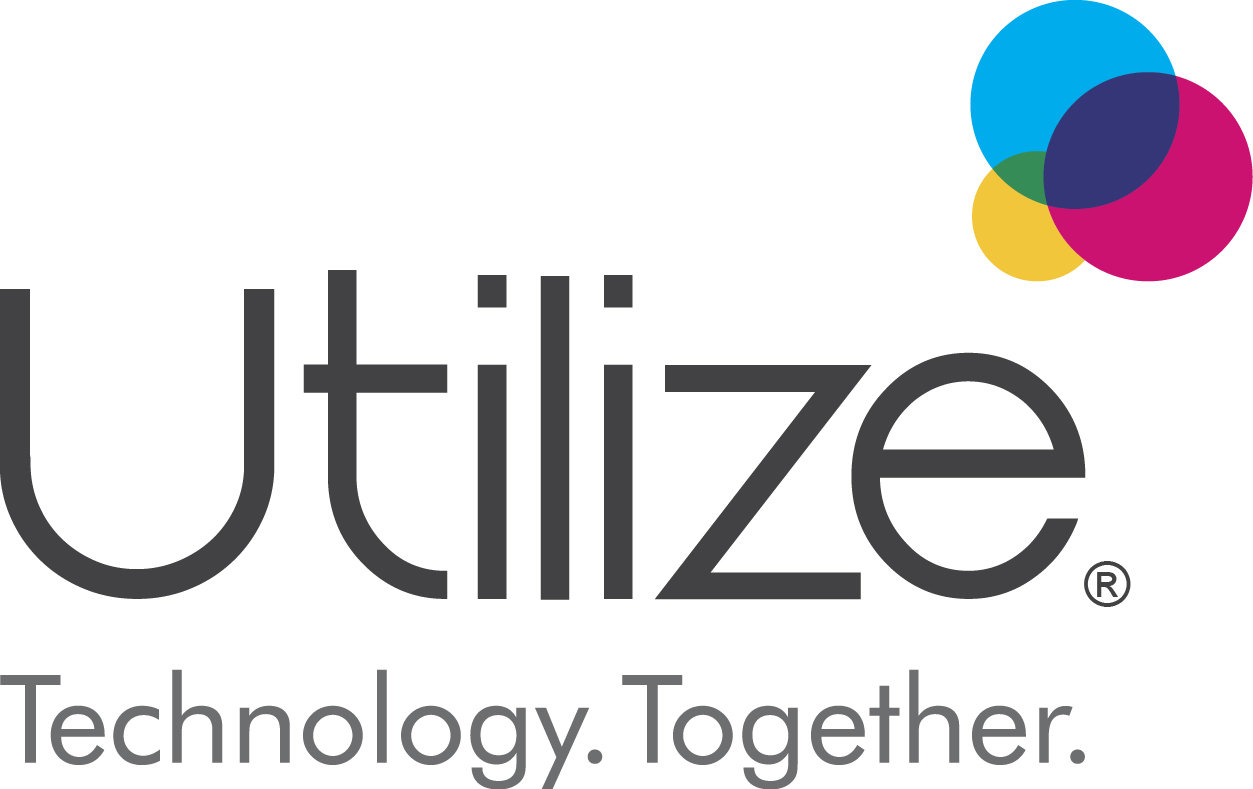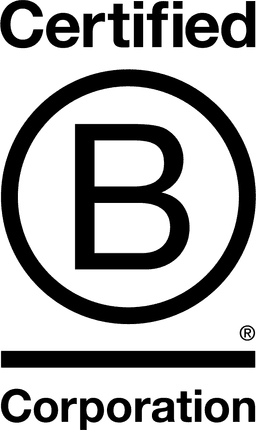

Utilize Plc

1.6
Essex, United Kingdom
May 2025
Other info service activities
Service with Minor Environmental Footprint
United Kingdom
Utilize is a powerhouse of managed services, established in 1997 on the vision of its founder. Starting from humble beginnings, the company has now grown into a leading technology solutions provider located in the South East of England. The company's ethos is deeply rooted in its five core values — Relationships, Giving, Care, Improvement, and Ownership, which are the guiding force behind their actions and business strategies. The company takes great pride in the collaborative environment it has fostered, with open-plan offices and shared spaces designed to encourage interaction, innovation, and a sense of community. This culture of collaboration extends beyond just physical spaces; it is also reflected in its monthly live company updates. These online sessions, led by the leadership team, keep all employees in the loop about the company's performance, progress, and challenges and provide a platform for open communication and feedback. Through a culture of trust, respect, and continuous improvement, Utilize ensures its team members grow professionally and personally.
Overall B Impact Score
Governance 21.8
Governance evaluates a company's overall mission, engagement around its social/environmental impact, ethics, and transparency. This section also evaluates the ability of a company to protect their mission and formally consider stakeholders in decision making through their corporate structure (e.g. benefit corporation) or corporate governing documents.
What is this? A company with an Impact Business Model is intentionally designed to create a specific positive outcome for one of its stakeholders - such as workers, community, environment, or customers.
Workers 36.2
Workers evaluates a company’s contributions to its employees’ financial security, health & safety, wellness, career development, and engagement & satisfaction. In addition, this section recognizes business models designed to benefit workers, such as companies that are at least 40% owned by non-executive employees and those that have workforce development programs to support individuals with barriers to employment.
Community 12.2
Community evaluates a company’s engagement with and impact on the communities in which it operates, hires from, and sources from. Topics include diversity, equity & inclusion, economic impact, civic engagement, charitable giving, and supply chain management. In addition, this section recognizes business models that are designed to address specific community-oriented problems, such as poverty alleviation through fair trade sourcing or distribution via microenterprises, producer cooperative models, locally focused economic development, and formal charitable giving commitments.
What is this? A company with an Impact Business Model is intentionally designed to create a specific positive outcome for one of its stakeholders - such as workers, community, environment, or customers.
Environment 7.9
Environment evaluates a company’s overall environmental management practices as well as its impact on the air, climate, water, land, and biodiversity. This includes the direct impact of a company’s operations and, when applicable its supply chain and distribution channels. This section also recognizes companies with environmentally innovative production processes and those that sell products or services that have a positive environmental impact. Some examples might include products and services that create renewable energy, reduce consumption or waste, conserve land or wildlife, provide less toxic alternatives to the market, or educate people about environmental problems.
Customers 4.4
Customers evaluates a company’s stewardship of its customers through the quality of its products and services, ethical marketing, data privacy and security, and feedback channels. In addition, this section recognizes products or services that are designed to address a particular social problem for or through its customers, such as health or educational products, arts & media products, serving underserved customers/clients, and services that improve the social impact of other businesses or organizations.